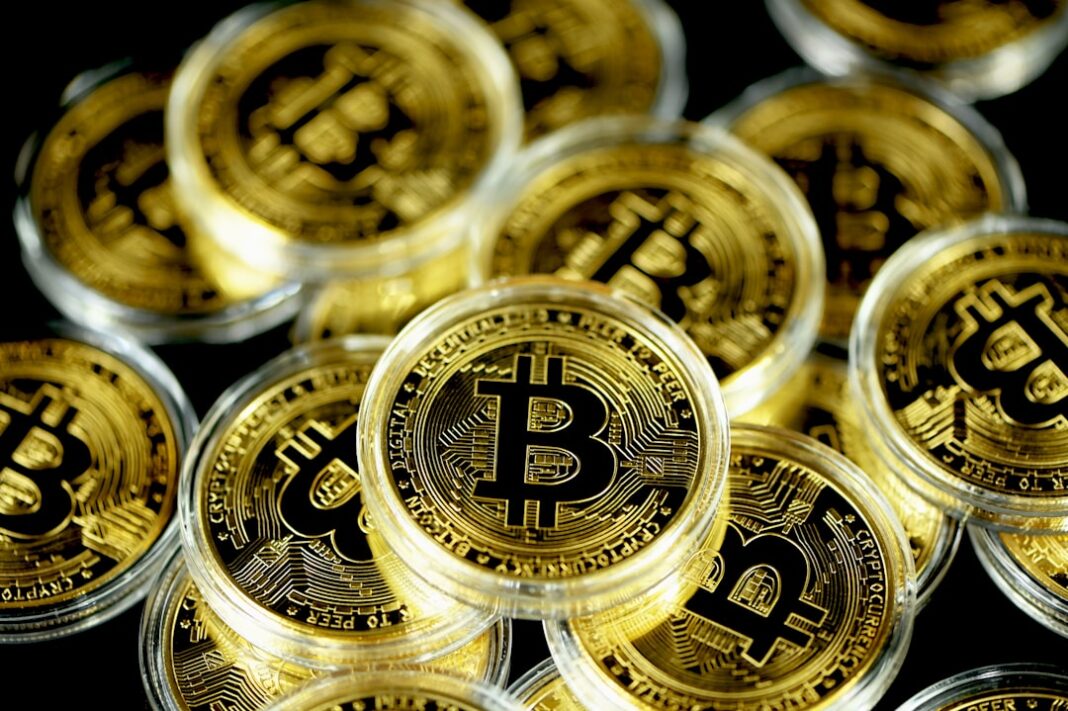Establishing a sovereign Bitcoin reserve would trigger immediate and potentially destabilizing shifts in the international financial landscape, according to a prominent cryptocurrency executive. Such a strategic move by any nation would fundamentally challenge the existing monetary framework, creating ripple effects across global markets.
The executive emphasized that adopting Bitcoin as a national reserve asset would simultaneously impact both the cryptocurrency and traditional financial systems. For Bitcoin, this unprecedented institutional adoption could introduce volatility and regulatory scrutiny beyond current market experience. Meanwhile, the U.S. dollar’s position as the world’s primary reserve currency could face significant pressure, potentially affecting international trade and monetary policy mechanisms.
Market analysts suggest that while cryptocurrency integration into national financial strategies appears increasingly plausible, the transition requires careful consideration of systemic risks. The concentration of Bitcoin in government hands could alter market dynamics substantially, potentially affecting liquidity and price discovery mechanisms that have developed organically over the past decade.
This development comes as several nations explore digital asset integration at the sovereign level, though none have yet committed to establishing Bitcoin as official reserves. The financial community continues debating the implications of such moves, balancing innovation against potential market disruption.


